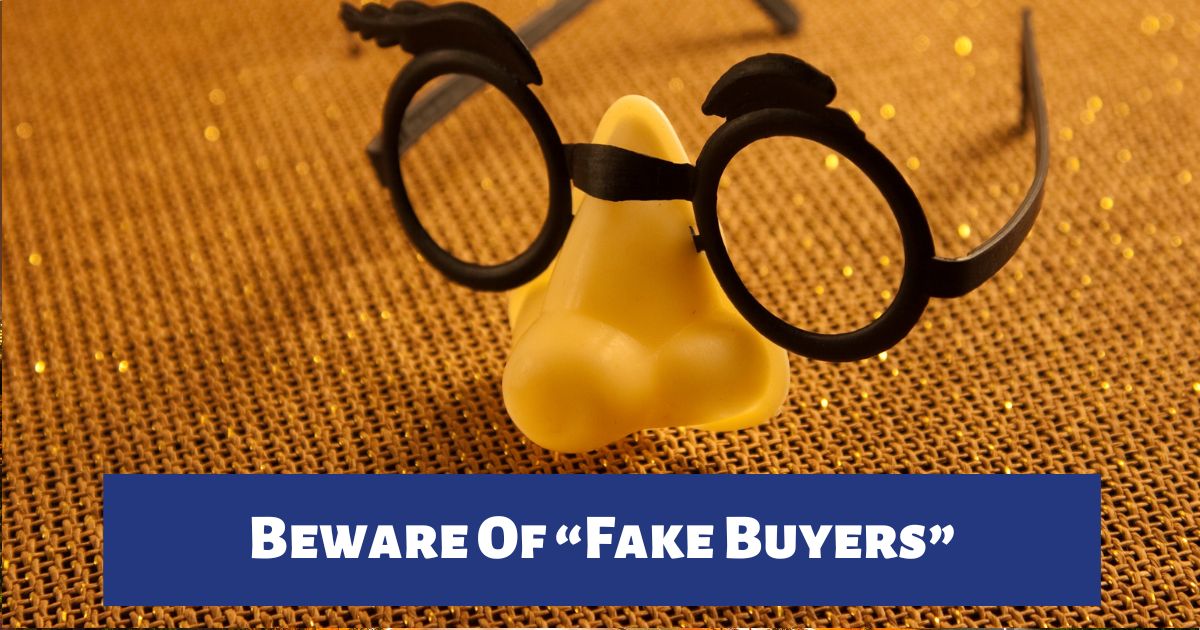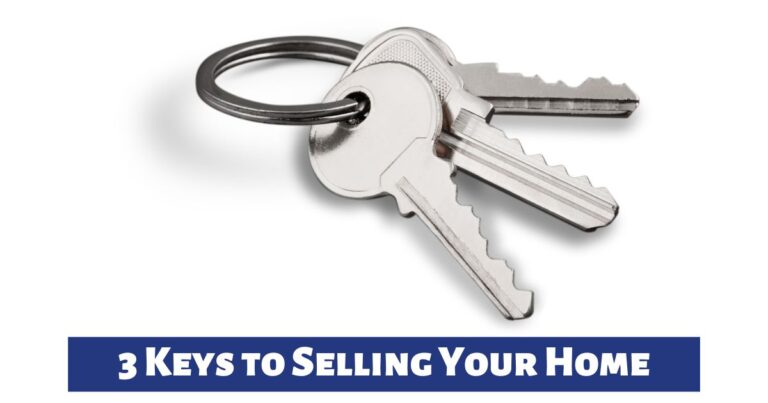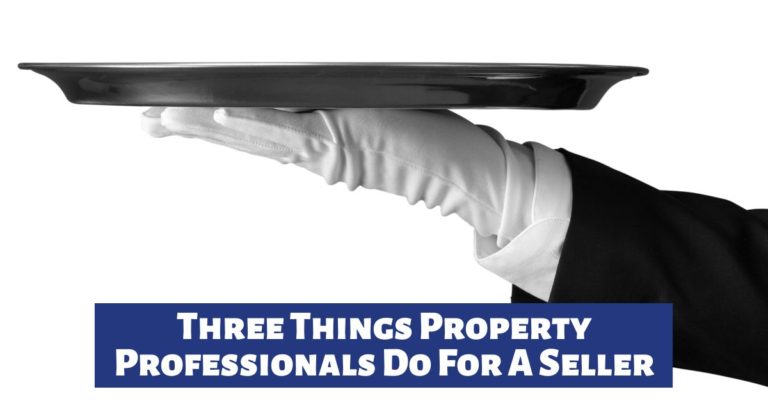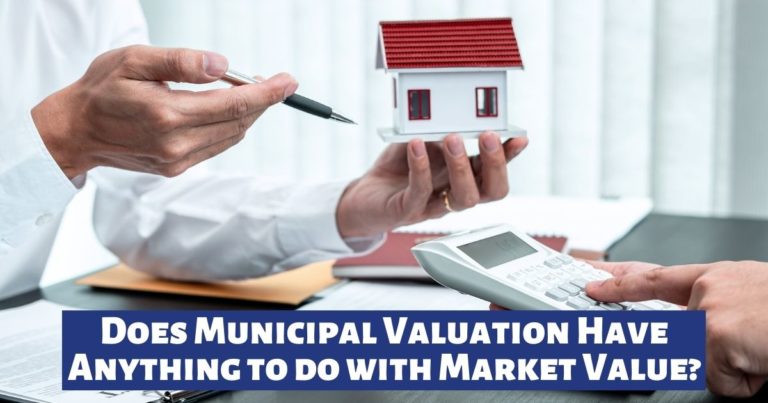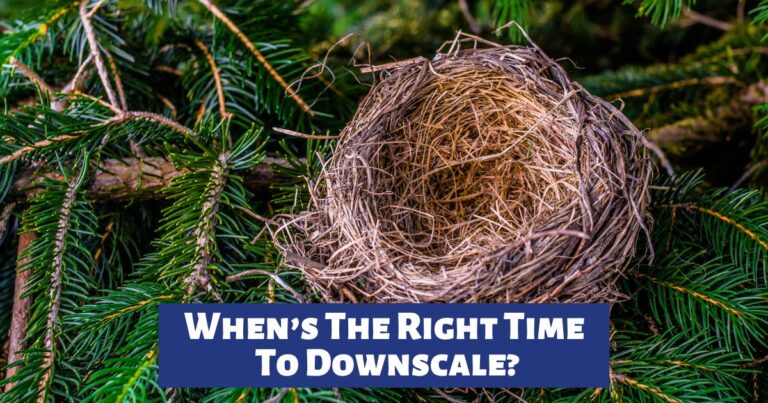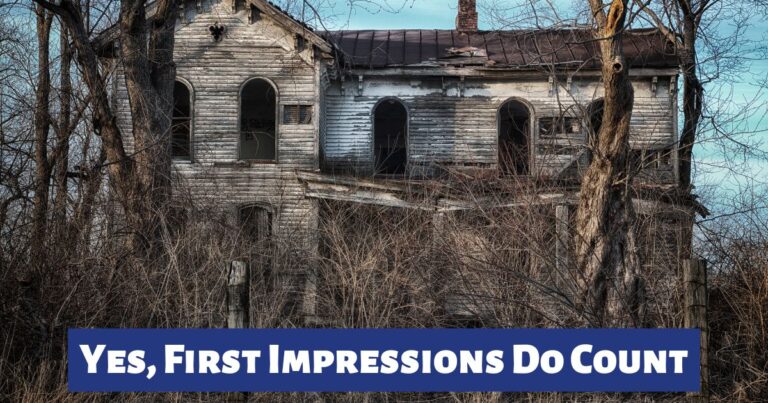Beware Of “Fake Buyers”
There is nothing new about buyers who sign offers to purchase, yet have no intention of buying a property. It’s often a case of “If it looks too good to be true, it’s probably a fake offer.”
This causes much discontent for both property practitioners and sellers. It can cause havoc with peoples’ lives. It’s a waste of valuable time and can cause a bad name for the property professional and for the industry.
No logical person can understand why these blighters would do such a thing. On top of this, some of these scammers go to great lengths to conclude an offer. They tend to have repeated meetings with the agent, often wanting a second or third look at a property.
They even bring their architect or builder to view the house to discuss renovations. This creates the impression that they are serious buyers.
Ultimately, it’s up to the property professional to sift out such people by qualifying them.
Property practitioners have to comply with FICA. This is the legal framework which makes sure that criminals can’t use the South African financial system to hide criminal activities.
Property practitioners have to develop and put in place a risk management programme.
The property practitioner will need to gather certain information about the prospective buyer. This means a copy of their identity document and proof of address (via a utility bill).
Sometimes a property is being bought in the name of a company or other legal entity. In this case, the property practitioner will need to find out who controls that legal entity.
The property practitioner must also find out if the prospect has a pre-approved home loan from a bank.
These are just a few ways of qualifying a potential buyer.
Facebook and LinkedIn can be very useful when checking out the credentials of a person.

